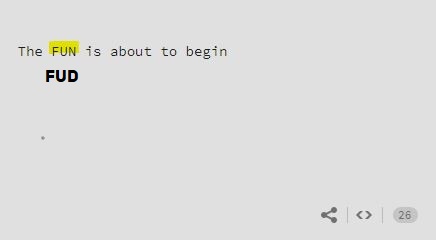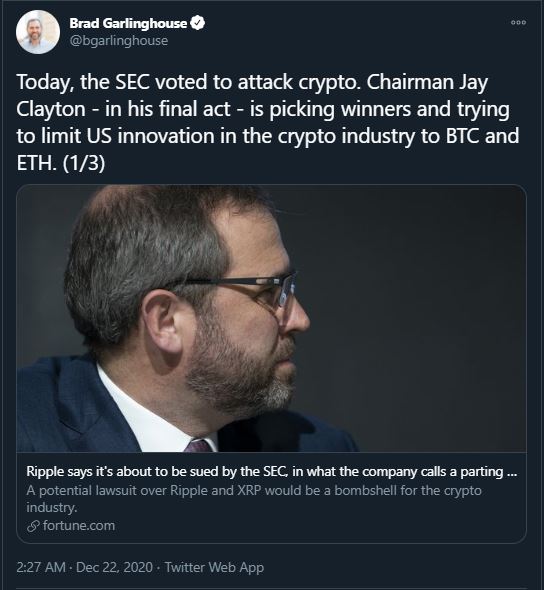Thread:
Are Man Utd recent wins as a result of Individual brilliance from Paul Pogba or coached & tactics?
Fulham 1 vs. 2 Man Utd — Tactics #MUFC

United usually buildup in 2 different shapes/patterns:
1. 244(424) or
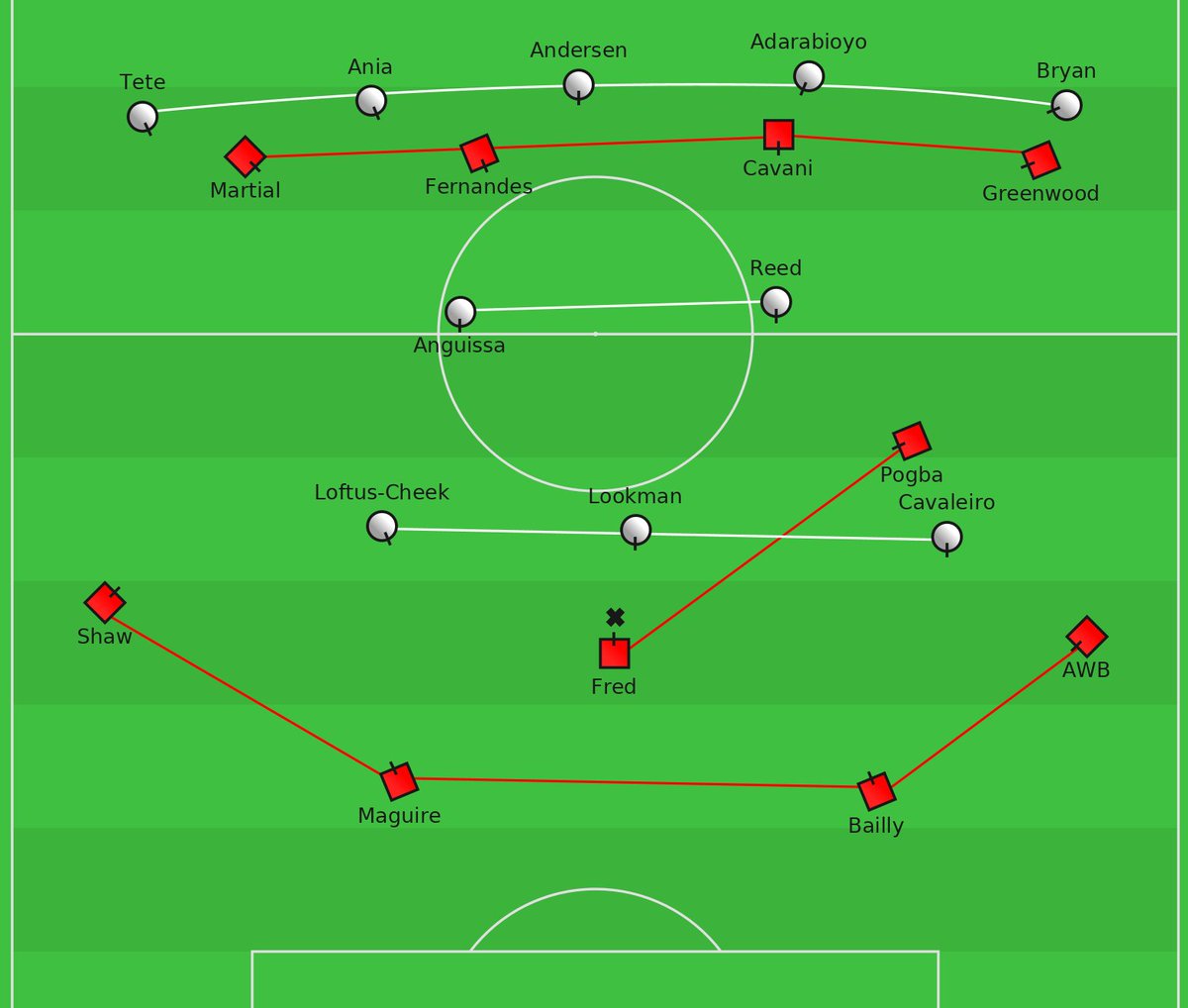
424 shape come from #mufc transitioning quick as mentioned in my threads prev. when #mufc are out of possession their defensive shape 442.
This is not the best ex.👇Sorry
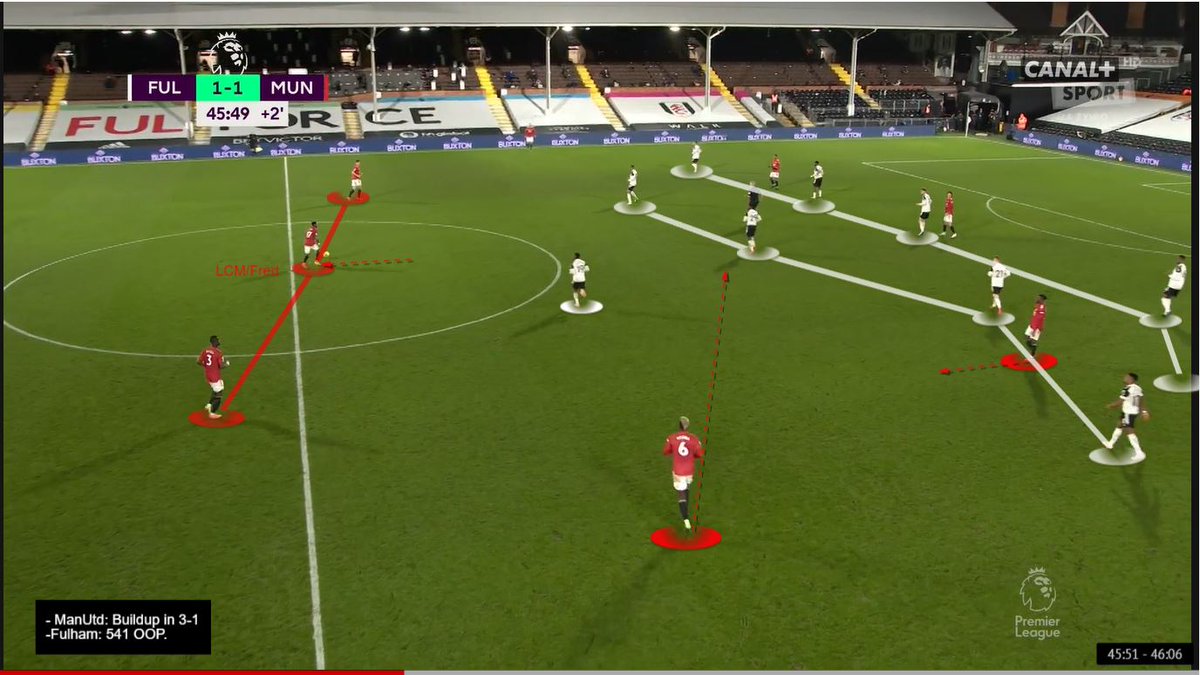
The positioning of the players was great all game.
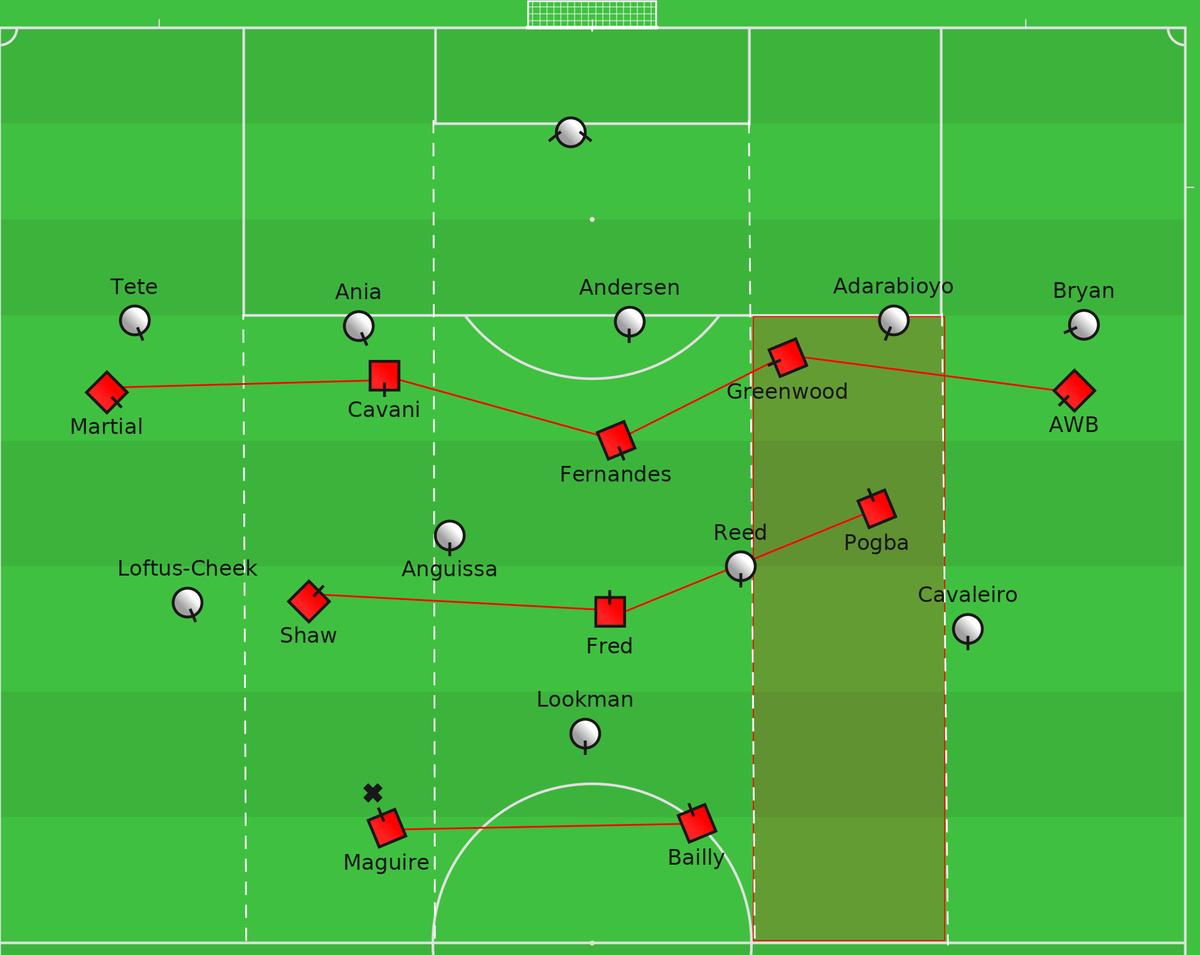
These are clear tactical and coaching instructions. #MUFC
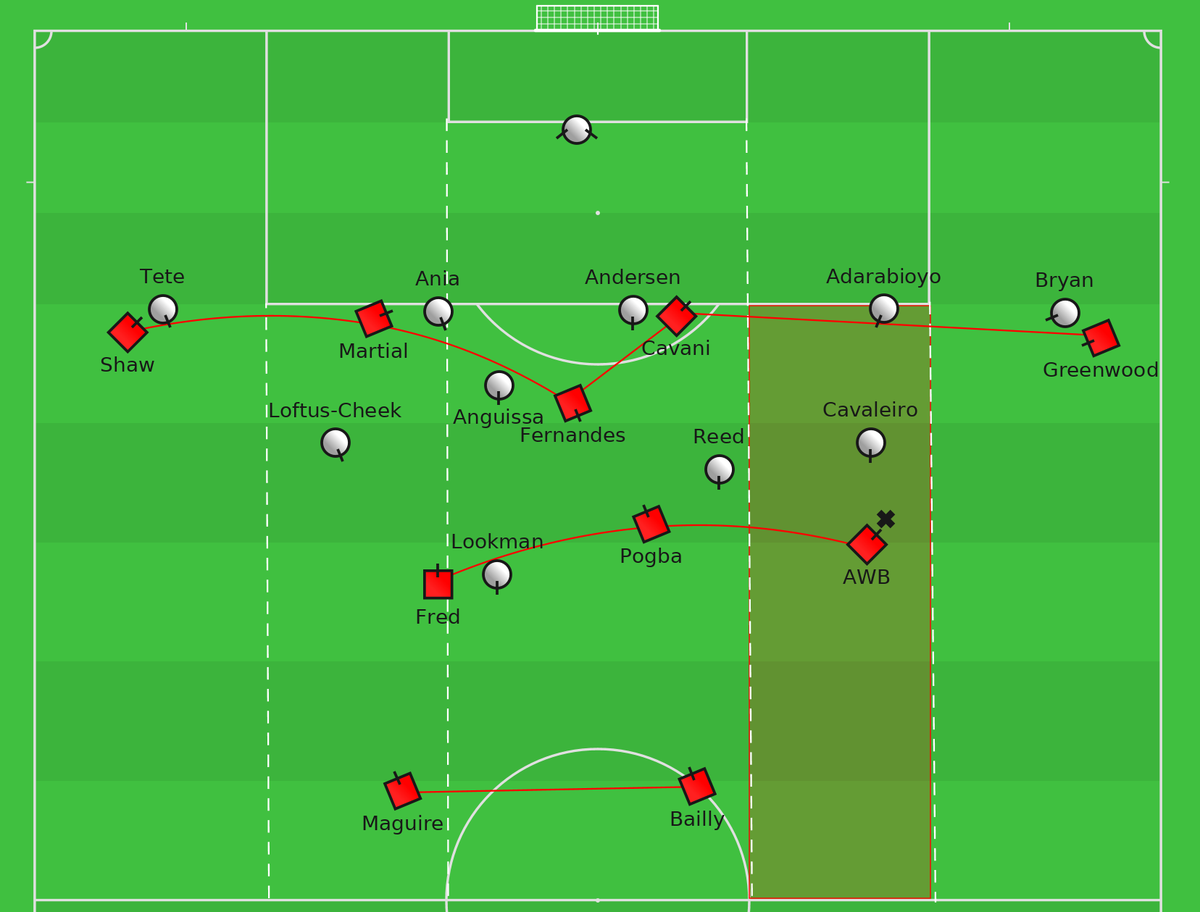
The spacing between the players where great and they all maintained position. This pushed Fulham deeper and deeper. #MUFC
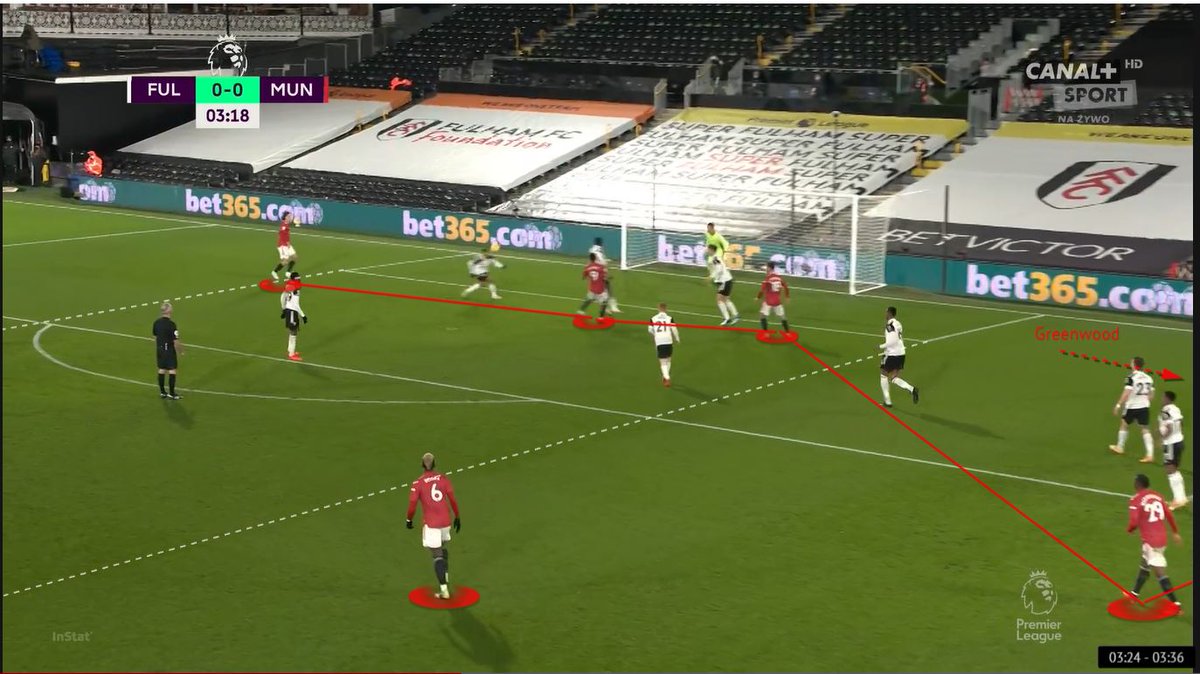
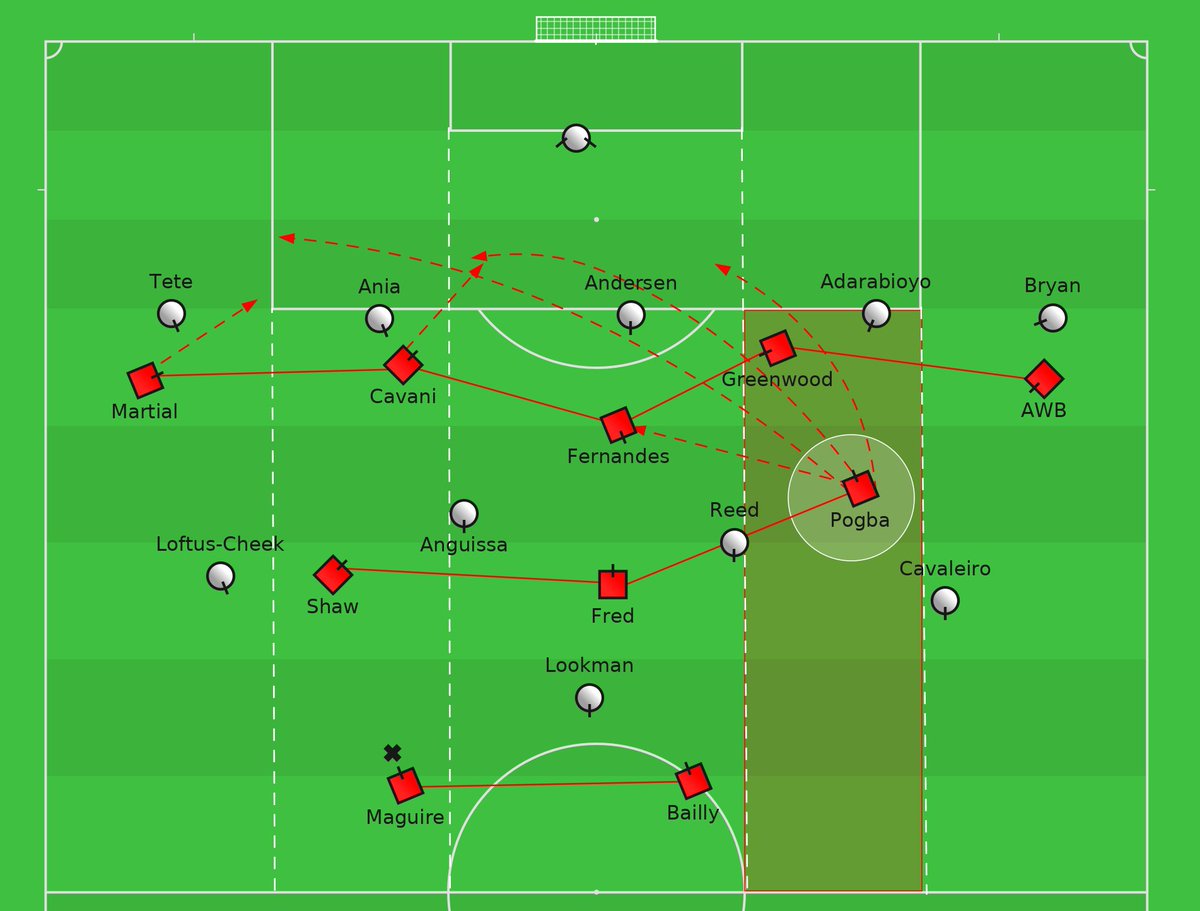
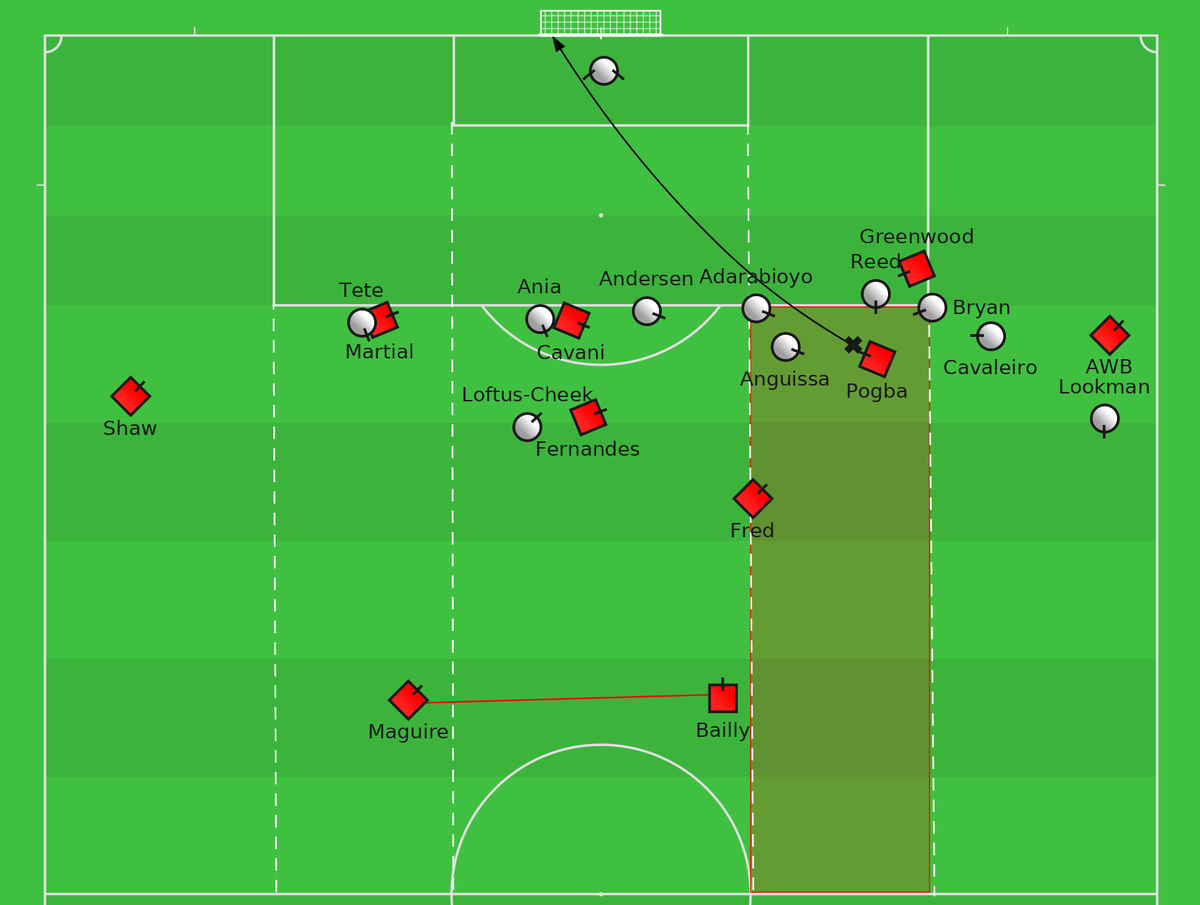
1. Dictate.
2. Progress.
3. Create.
4. Push up &shoot if possible.
5. Help AWB progress by providing him right angles for passing. #MUFC
1. Left or right of a pivot as DLP.
2. Double pivot Left CAM
3. False Winger.
4. Left of a diamond.
#MUFC
You don't win games just by "Individual Brilliance" unless you have a player that can go through 4-5 players alone.
We need to create more as our forwards are not clinical at this moment. This will remove the need for a special goal.
#MUFC
https://t.co/81r3Nl2dA6
I do think I was unclear here:
— UtdArena (@utdarena) January 22, 2021
I am not saying we aren't creating sustainable chances. However, teams often miss sustainable chances \u2014 it's just how football is. Based on that we need to be creating more that caters for the misses in that regard. We're just below that level.
More from Sport
The group litigation seems to be in its early stages, but World Rugby & Unions will be starting to get twitchy.
THREAD on the key issues 👇🏼
Exclusive: Rugby faces group litigation action on concussion | @danscho1 reportshttps://t.co/i246r0c9IS
— Telegraph Rugby (@TelegraphRugby) December 7, 2020
1) Duty of care
Do the governing bodies (World Rugby, RFU, WRU etc) owe players a duty of care in respect of their health and safety? The answer is almost certainly yes (see for example Watson v BBBoC).
2) Breach of duty
Have the governing bodies breached this duty? This is the first of the major hurdles for any litigation.
The question is essentially whether they acted reasonably in the circumstances.
Did they know about the dangers of concussion and fail to act?
Or should they have done more to discover the dangers of concussion but failed to do so?
The NFL case was based on the fact that the NFL knew of the dangers and covered them up. I’d suggest that’s unlikely here. However, it may be that WR/Unions should have done more sooner.
Much will depend upon the state of medical/scientific understanding of concussion at the relevant times.
For example, in the early 80s it may be that there was no indication that concussion might cause long-term complications but, by the early 2000s, there was.
You May Also Like
@NBA @StephenKissler @yhgrad 1. From Day 1, SARS-COV-2 was very well adapted to humans .....and transgenic hACE2 Mice
1. From Day 1, SARS-COV-2 was very well adapted to humans .....and transgenic hACE2 Mice
— Billy Bostickson \U0001f3f4\U0001f441&\U0001f441 \U0001f193 (@BillyBostickson) January 30, 2021
"we generated a mouse model expressing hACE2 by using CRISPR/Cas9 knockin technology. In comparison with wild-type C57BL/6 mice, both young & aged hACE2 mice sustained high viral loads... pic.twitter.com/j94XtSkscj
@NBA @StephenKissler @yhgrad 2. High Probability of serial passaging in Transgenic Mice expressing hACE2 in genesis of SARS-COV-2
1. High Probability of serial passaging in Transgenic Mice expressing hACE2 in genesis of SARS-COV-2!
— Billy Bostickson \U0001f3f4\U0001f441&\U0001f441 \U0001f193 (@BillyBostickson) January 2, 2021
2 papers:
Human\u2013viral molecular mimicryhttps://t.co/irfH0Zgrve
Molecular Mimicryhttps://t.co/yLQoUtfS6s https://t.co/lsCv2iMEQz
@NBA @StephenKissler @yhgrad B.1.1.7 has an unusually large number of genetic changes, ... found to date in mouse-adapted SARS-CoV2 and is also seen in ferret infections.
https://t.co/9Z4oJmkcKj

@NBA @StephenKissler @yhgrad We adapted a clinical isolate of SARS-CoV-2 by serial passaging in the ... Thus, this mouse-adapted strain and associated challenge model should be ... (B) SARS-CoV-2 genomic RNA loads in mouse lung homogenates at P0 to P6.
https://t.co/I90OOCJg7o

A thread 🧵
1) Learn Anything - Search tools for knowledge discovery that helps you understand any topic through the most efficient
2) Grad Speeches - Discover the best commencement speeches.
This website is made by me
3) What does the Internet Think - Find out what the internet thinks about anything
4) https://t.co/vuhT6jVItx - Send notes that will self-destruct after being read.
















